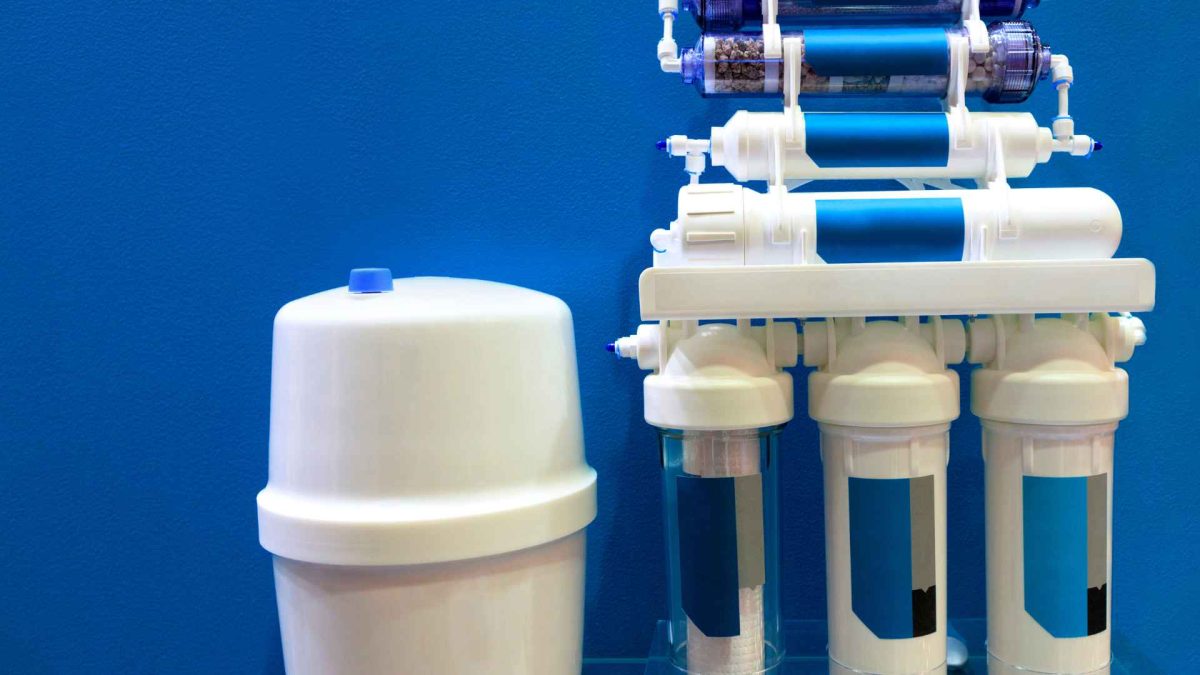When shopping for a water purifier, there are various technologies to choose from. Which one is best suited to your needs and budget depends on which option you select.
Popular technologies for water purification include reverse osmosis filters, activated carbon filtration and UV filtration. Some are even designed to eliminate chlorine and other chemicals.
What is the average life of a water purifier?
How long a water filter lasts depends on several factors, including its type and how often it's used. It also depends on how many contaminants are in your tap water as well as whether or not there is plenty of hard water in your area.
If your tap water is highly contaminated, filters in more polluted areas will wear out faster than those in less-polluted regions. This is because water filters have limited surface area and can become clogged up more easily while trapping and filtering out contaminants.
Some filter systems consist of multiple stages, such as a sediment pre-filter and carbon cartridge. They should all be replaced at different intervals depending on how often you use the system and its water quality.
Cartridge-based whole house water filters typically feature a sediment pre-filter that lasts 6-9 months, followed by carbon cartridges which should be replaced every one to two years depending on your home's water quality. You may also need to replace the RO membrane element depending on how often your filter is used.
Pitcher water filters typically last between one and four months, though you may need to replace it sooner if your family uses it frequently throughout the day. Shower filters also may need replacing more frequently if there are high chlorine levels in your water supply.
What are the different types of water purifier?
Water purification is the process of eliminating undesirable chemicals, organic and inorganic materials, as well as biological contaminants from drinking water so it's safe for consumption. This can include dissolved and particulate matter such as suspended particles, parasites, bacteria, algae, viruses and fungi among others.
When it comes to water purifiers, there are plenty of options. Ultimately, your choice should depend on how much contamination you want removed and your water quality expectations.
The most widely used type of water purifier is reverse osmosis (RO). This process pushes highly pressurized water through a semi-permeable membrane, effectively filtering out many pollutants and potentially harmful minerals from your drinking water. RO systems offer several advantages over other systems for water quality: they're efficient, cost effective, and eco-friendly!
Another popular water filter is a faucet purifier, which filters water before it reaches the tap. This reduces chlorine, bacteria and fungus growth.
Other types of filters include carbon block and activated carbon, which reduce impurities and unpleasant tastes. Activated carbon is also effective at eliminating pesticides and other industrial chemicals.
Point-of-use (POU) drinking water treatment methods vary based on the water source, but can include string-wound sediment filters, activated carbon, ion exchange media filters, UV lamps and reverse osmosis membranes. Selecting the right system for your needs is an essential decision for anyone using public or private drinking water sources.
How do I know if my water purifier is working?
You can get a water test kit to evaluate the quality of your drinking water. This is an effective way to determine how well your filter is working and what it's removing from it.
A reliable water tester can tell you if your water meets the manufacturer's specifications, so you'll know whether your purifier is doing its job effectively. If it appears murky and tastes foul, that could indicate that the filter isn't doing a great job of eliminating contaminants.
If your water smells of chlorine, this could be indicative of a problem with your filter. Chlorine is used to eliminate microorganisms and disease-causing bacteria from drinking water before they reach your home.
Before cooking and drinking, ensure your water smells and tastes clean. Otherwise, you could be consuming unhealthy food and drinks which could pose health risks to yourself and your family.
Filters that haven't been serviced in a while may not be as effective at eliminating contaminants from water as they should be. This is an issue common with many filters; to guarantee your drinking water remains safe for you and your family, replace the filter regularly.
for more info : puro systems

